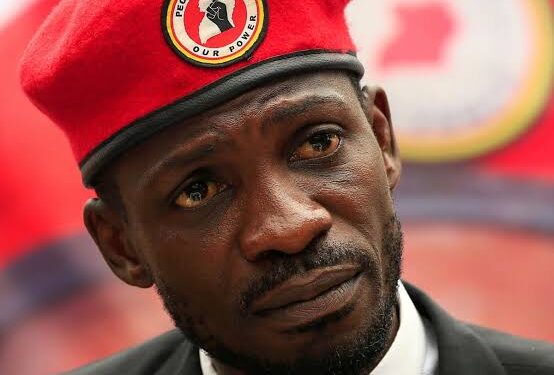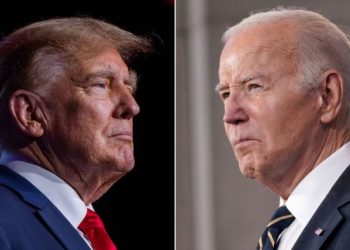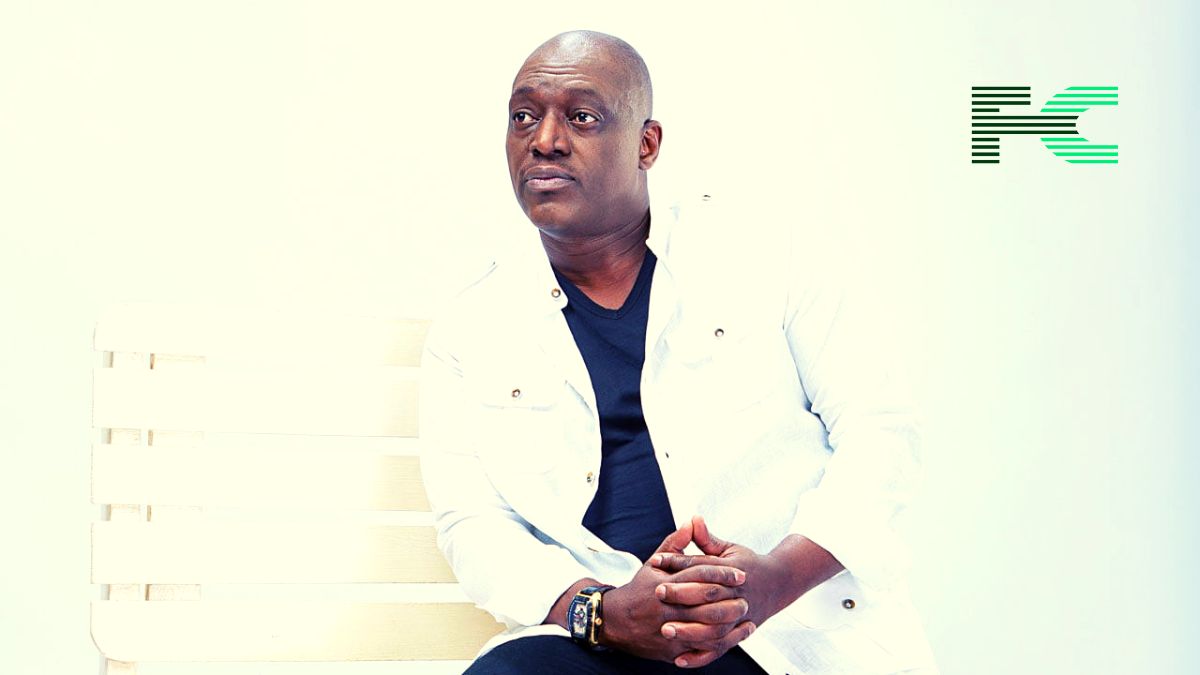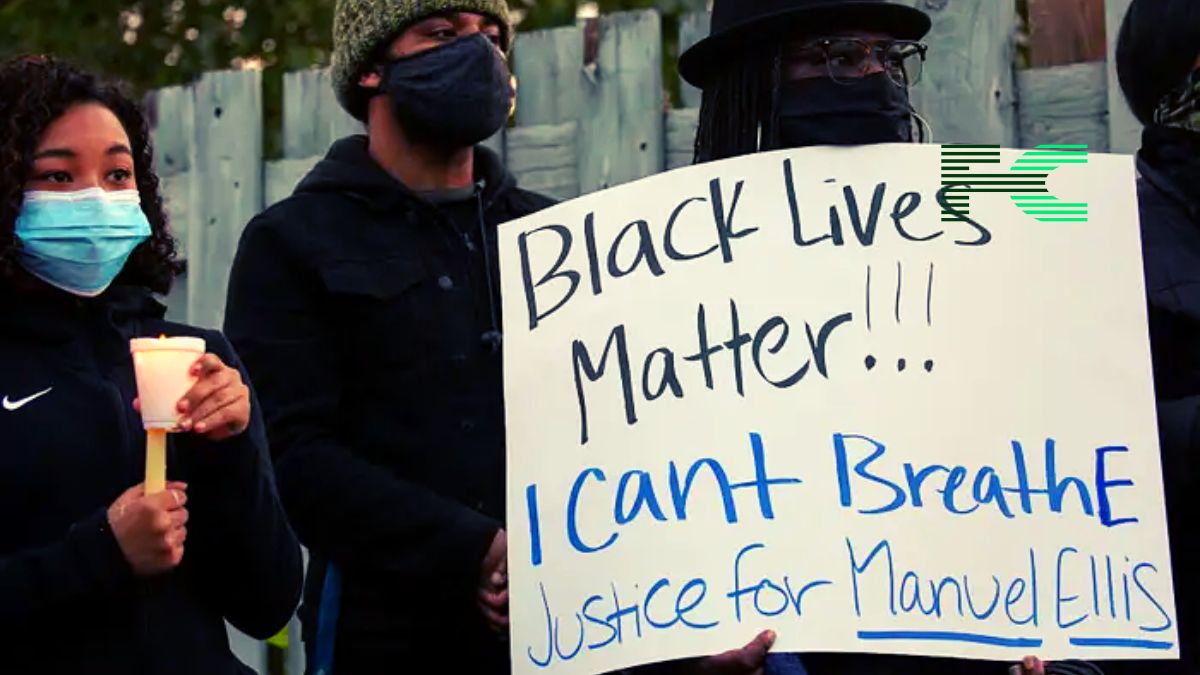“All too often, when we see injustices, both great and small, we think, ‘That’s terrible,’ but we do nothing. We say nothing. We let other people fight their own battles. We remain silent because silence is easier. Qui tacet consentire videtur is Latin for ‘Silence gives consent.’ When we say nothing, when we do nothing, we are consenting to these trespasses against us.” – Roxane Gay.
It seems that Africa is waking up to Roxane Gay’s powerful message. Protests are breaking out all over the continent. On Monday, soldiers and police sealed off the headquarters of Uganda’s biggest opposition party. According to a police spokesperson, this was a precautionary move ahead of planned anti-government protests on Tuesday.
What They Are saying
National Unity Platform party chief Robert Kyagulanyi, better known as Bobi Wine, shared on social media platform X that security forces surrounded NUP headquarters in Kampala, barring anyone from entering or leaving. Wine posted pictures of military personnel and army trucks stationed outside the premises.
“Ahead of our scheduled press conference this morning, the military and police have raided and surrounded the National Unity Platform offices…” Wine said. “The cowardly regime is so afraid of the people because they know how much they have wronged them!”
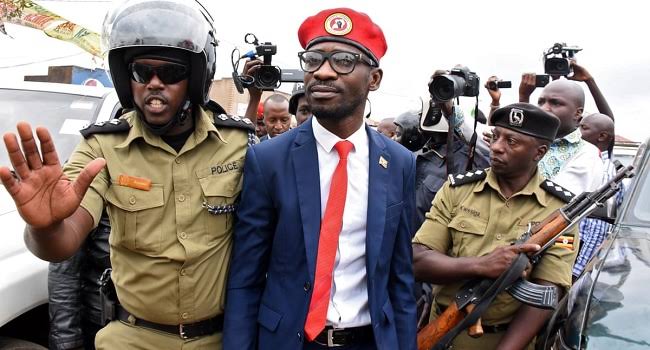
Wine, a 42-year-old pop star turned politician, has become the main rival to President Yoweri Museveni, 79, who has ruled Uganda since 1986. The Ugandan youth, who have led recent unrest, plan to march to parliament on Tuesday to protest alleged corruption and human rights abuses under Museveni’s long reign.
Police spokesperson Kituuma Rusoke said security forces took precautionary steps against what he called NUP’s “mobilization for the protest.” “We have been monitoring this. Their activities raised a red flag, and we took precautionary measures,” he said.
Opposition leaders and rights activists claim corruption is rampant in Uganda. They accuse Museveni of shielding top-level officials who are politically loyal or related to him. Museveni denies tolerating corruption, insisting that whenever there is sufficient evidence, culprits are prosecuted, including lawmakers and ministers.
On Saturday, Museveni warned Ugandan youth against the planned protests, alleging they were sponsored by foreigners. “Some elements, some of them from the opposition, are always working with the foreigners to foment chaos in Uganda – riots, illegal demonstrations, illegal and inconsiderate processions, etc. These people should check themselves, or we shall have no alternative but to check them,” he said.
Why It Matters?
The wave of protests is not limited to Uganda. In Kenya, citizens took to the streets for five weeks to protest a controversial tax hike bill. The demonstrations resulted in over 50 deaths and numerous injuries, prompting President William Ruto to make several concessions, including cutting budgets for the offices of the First and Second Lady, dissolving 47 state agencies, and dismissing ministers.
Nigeria is also feeling the heat. The hashtag #EndTinubuBadGovernment is trending on Twitter, and there are rumors of protests in August. Nigerians are frustrated with their economy. The New York Times recently criticized it, and everyday expenses, like food and petrol, are skyrocketing. Despite a minimum wage of 70,000 Naira, it’s not enough to cover basic living costs.
Last week, Nigerian legislators began pleading with citizens not to protest. But begging won’t solve the problem. They need to tackle real issues that affect the economy, not trivial matters like the national anthem.
As John Lewis once said, “A democracy cannot thrive where power remains unchecked and justice is reserved for a select few. Ignoring these cries and failing to respond to this movement is simply not an option — for peace cannot exist where justice is not served.”
Deputy Speaker of the House of Representatives, Benjamin Kalu, said, “The people of Nigeria, your crying is right. Your complaint of hardship is right. But is the solution found in carrying placards and lining the streets? Is the solution found in comparing a country less than us? The reference that has been made to Kenya and the rest of them, they are smaller countries to Nigeria. We are the giant of Africa; we must provide a solution that is better, sustainable, and lasting.”
Just yesterday, news went viral that a certain lawmaker bought an SUV for his daughter who just graduated from secondary school, while millions of Nigerians suffer. This brings to mind George Orwell’s famous line, “All animals are equal, but some are more equal than others.”
Bottom Line
It’s high time the silent majority found their voice. Protests in Uganda, Kenya, and the looming unrest in Nigeria signal that the people are ready to fight back.
The governments better listen, because ignoring these cries for justice is simply not an option.

